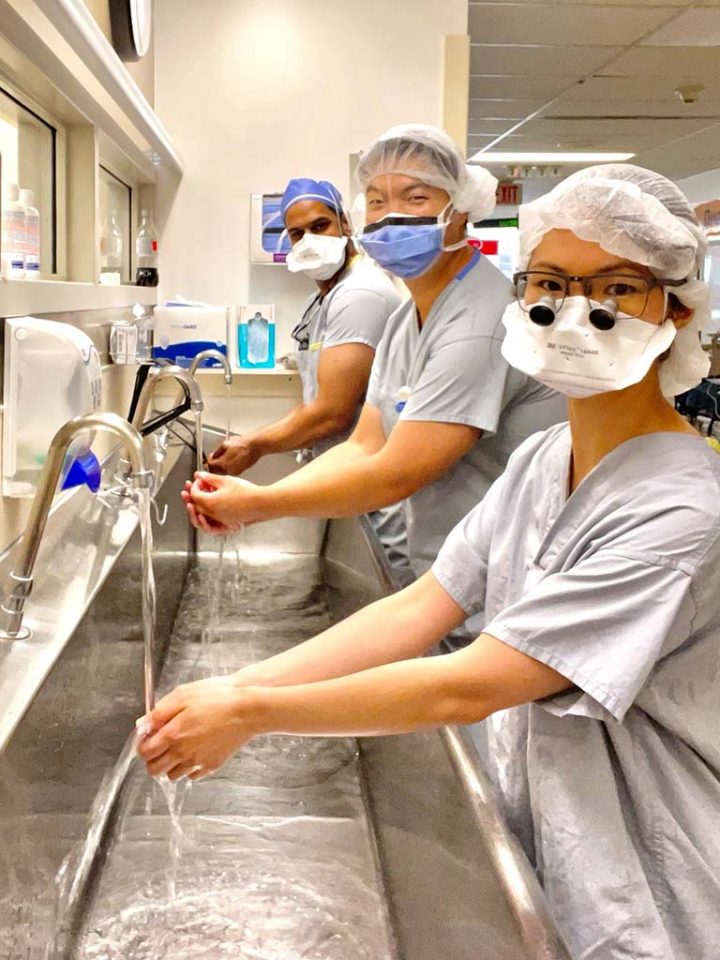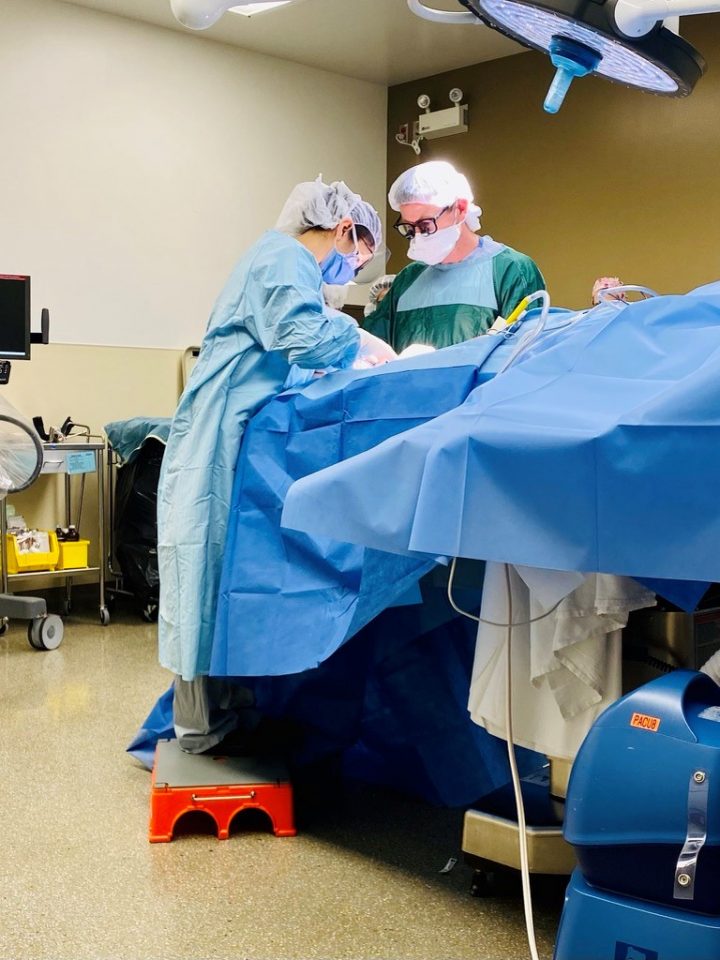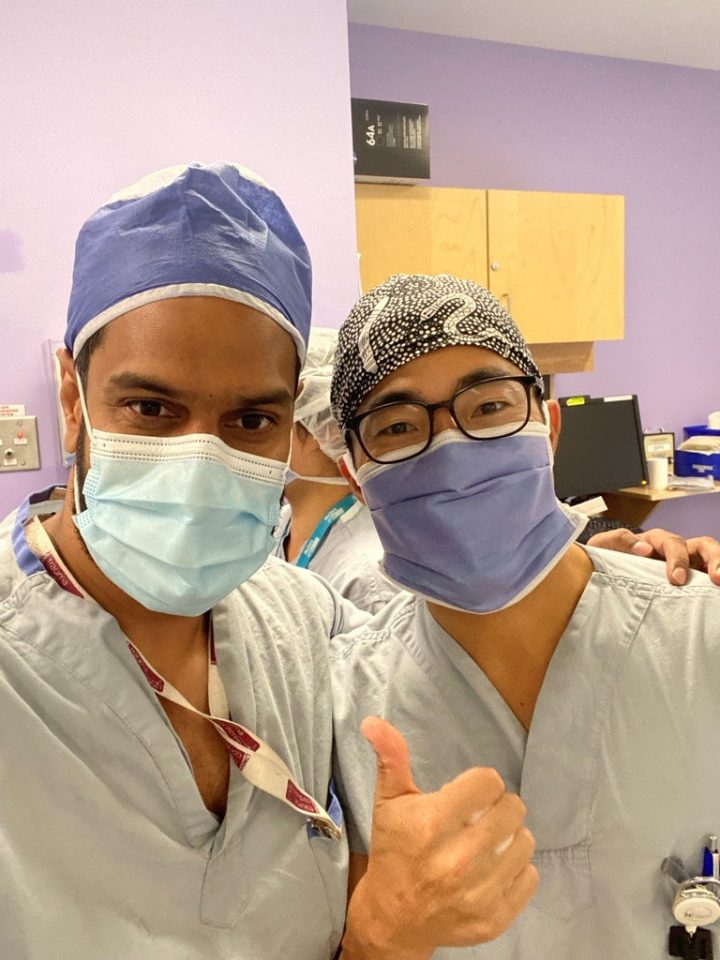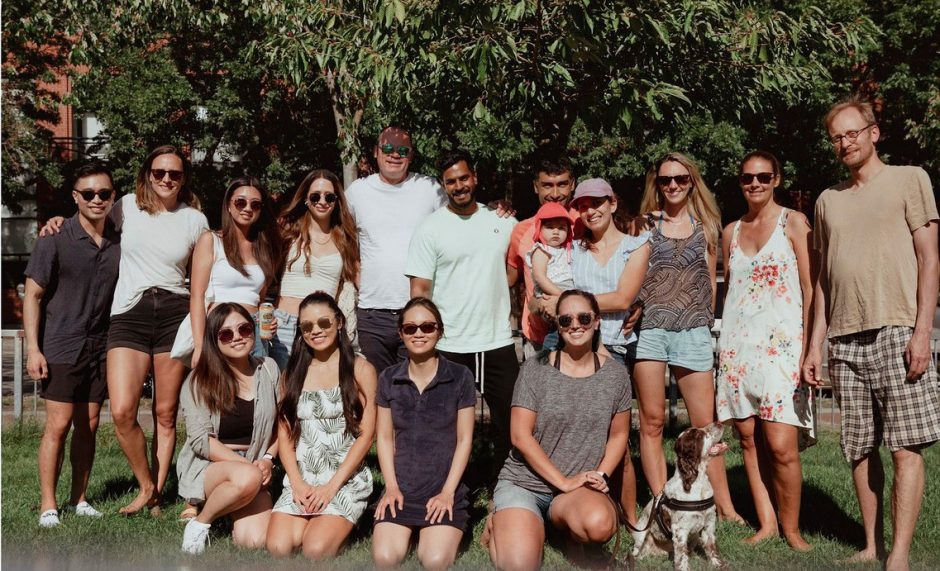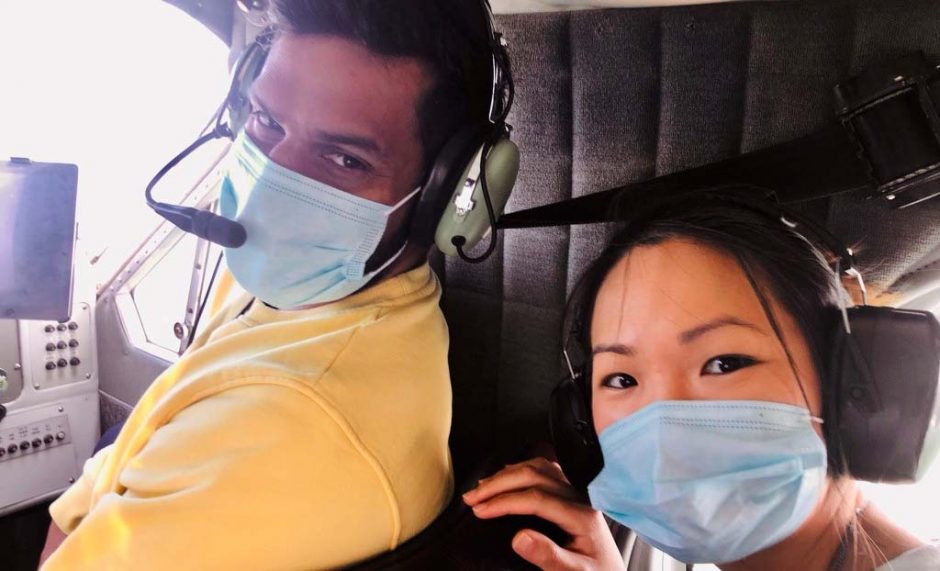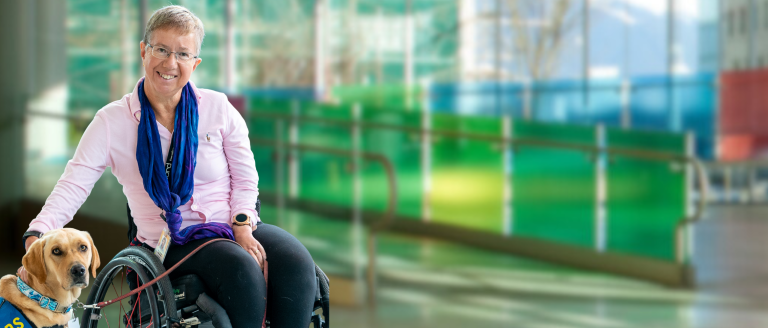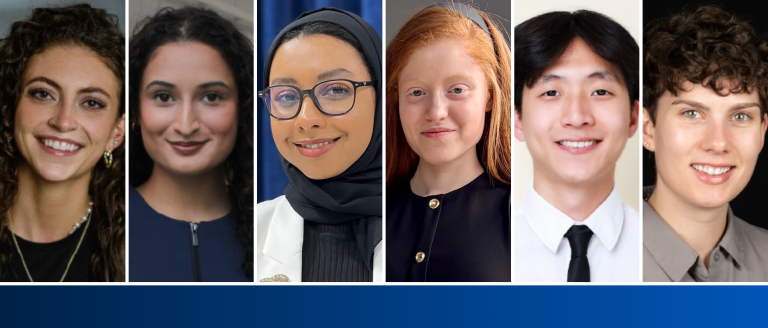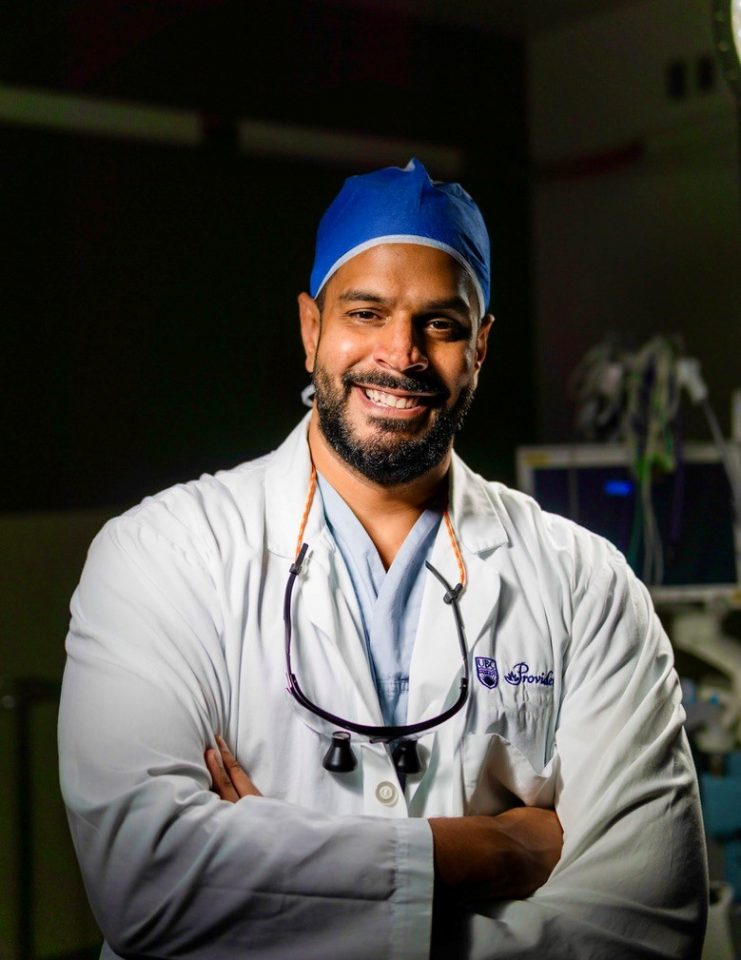
SIRAT KHAN
UPPER EXTREMITIES FELLOW
Division:
Distal Extremities
Site:
Vancouver – St. Paul’s Hospital
Dr. Sirat Khan is an Upper Extremity Clinical Fellow with the UBC Department of Orthopaedics, Division of Distal Extremities at St Paul’s Hospital in Vancouver. Dr. Khan grew up on the South East England and completed his medical training in London.
Can you share a little bit about your educational background and journey, and how you got to where you are today?
I was born in the United States, and my father was a surgeon in Chicago at Cook County Hospital and North Western University. Our family emigrated to the United Kingdom when I was six years old. My brother and I grew up in the South East England.
I always knew I wanted to be a doctor from an early age, and my father was an excellent role model. I have been fascinated by medicine for as long as I can remember. I studied at the Royal Free and University College London (UCL) Medical School in Central London. As soon as I had my first cadaveric teaching session, I was determined to be a surgeon, and I obtained a bachelor’s in Anatomy from UCL during medical school. I was the orthopaedic house staff on call during the July 7, 2005 terrorist bombings in London. That unique experience cemented my career pathway into trauma and orthopaedic surgery.
I was captivated by trauma, and this led to my academic training in Centre of Trauma Sciences (Queen Mary, University London) and The Royal London Major Trauma Centre (Bart’s Health). My PhD thesis was dedicated to better understand the use of blood product administration in damage control resuscitation. This work has led to goal-directed blood component therapy during major bleeding of severely injured trauma patients and improving their outcomes. I gained over four years of critical care experience, and although this was a little unusual for an orthopaedic surgeon, it has given me an extremely useful set of skills for trauma patient management.
What has your experience been like on your UBC Clinical fellowship?
The Upper Extremity Clinical Fellowship at UBC has been a fantastic experience. I have been fortunate enough to have worked under a dedicated and dynamic group of supervisors in the Upper Extremity Unit at St. Paul’s Hospital in Vancouver.
Drs. Thomas Goetz, Adrian Huang, Jeffrey Pike, and Braden Gammon were extremely welcoming when I arrived in the department, and I could not have wished for a friendlier group of faculty. Not only did each of them take a keen interest in maximizing the educational benefit for their fellows, the fellowship itself was perfectly tailored to my needs. As a team, they customized the rotation schedule and learning experiences to provide fellows with comprehensive exposure to every area of hand and upper extremity surgery within a busy practice.
This group of surgeons really made sure that I attained all my fellowship objectives whilst making it a fun learning environment. The fellowship had a perfect balance of outpatient clinic with new and follow-up patients, paired with experience in the operating room. The case mix ranged from high-volume, low-complexity to complex tertiary upper extremity cases and microsurgery. In addition, there was further opportunity to attend specialized clinics in spasticity with Dr. Goetz and paediatric with Dr. Pike as well as subsequent operative exposure. Furthermore, there were monthly combined complex musculoskeletal (MSK) meeting with the radiology team, which was an enormous educational benefit. There was an active drive to be involved in innovation led by Dr. Huang, which is rare amongst fellowships.
Teaching is a priority within the unit, and fellows are encouraged to teach students and residents. There were regular, timetabled upper extremity teaching rounds that are divided between the supervisors and the fellows. This was augmented with case-based discussions and perioperative teaching. The onsite outpatient clinics were frequently used for teaching sessions of residents and medical students. There was also ample opportunity to attend cadaveric laboratory sessions for surgical approaches and training in new operative techniques.
Clinical research was actively encouraged within the department, and there are full-time research staff and facilities dedicated to hand and upper extremity research. There were several clinical trials ongoing at any one time, investigating a wide diversity of upper extremity pathologies. During my time within the unit we published one manuscript in a peer reviewed journal, a further in write-up stage, two abstracts and an operative technique video.
All the upper extremity supervisors were instrumental in my appointment as a consultant at the Royal Free Trust, London, but I would like to give a special thanks to Dr. Goetz. I am certain that all future upper extremity fellows that are fortunate enough to be appointed will have just as a rewarding experience as I have.
When you’re not working, where can we find you?
I have always been an active person and while in Vancouver I joined a rugby team and a local military fitness group. I have endeavoured to make the most of the all the outdoor activities within the region and certainly made full use of all the wonderful restaurants Vancouver has to offer.
